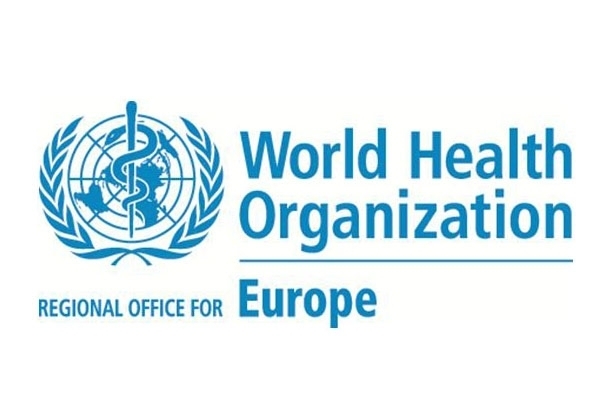



WHO: Countries in European region stepping up to stop spread of measles as cases in 2023 already exceed all those in 2022

Baku, April 27, AZERTAC
Measles has been reported in 17 countries of the WHO European Region since the start of 2023 and over 900 cases were reported by the end of February, exceeding the number reported for all of 2022, according to the World Health Organization.
“All countries, including those verified as having eliminated endemic transmission of measles, must be vigilant for possible importation and spread of this highly contagious disease,” said Jose Hagan, Team Lead for Vaccine-preventable Diseases and Immunization at WHO/Europe.
“Once an outbreak has been confirmed, WHO recommends a series of activities to quickly respond, including case investigation; identification and vaccination of susceptible contacts and others; infection control in health-care settings; and outreach to affected community or population groups to raise awareness and address public concerns.”
The Russian Federation, Tajikistan and Türkiye have reported the largest numbers of cases over the past 12 months (414, 610 and 466 cases, respectively). Austria, Serbia, the United Kingdom, Uzbekistan and others have seen an increase in cases just since the start of 2023.
Countries in the Region have been conducting catch-up vaccination campaigns on varied scales during the past year to identify and vaccinate children who have missed their routine doses, including of measles-containing vaccines, since the start of the COVID-19 pandemic.
Tajikistan, for example, has taken comprehensive steps over the past year to stop the outbreak, including identifying districts with high numbers of cases and prioritizing them for vaccination of susceptible children aged 6 months to 15 years.
“Authorities in Tajikistan have achieved 99% coverage of the un- and under-vaccinated children in targeted areas,” said Dr Hagan. While the number of measles cases in these targeted areas has decreased significantly, thanks to support from the Measles & Rubella Initiative, WHO, the United Nations Children’s Fund (UNICEF) and others, additional efforts will be needed to address any immunity gaps to prevent further transmission, both within and beyond the country.
Serbia is among several countries that have detected a measles outbreak and initiated a response in 2023. The early stages have included strengthening surveillance, outbreak response and catch-up vaccination, which has improved coverage in affected and selected municipalities with suboptimal performance.
Serbia has also launched communication activities, initiated laboratory genotyping of positive samples to help identify possible sources and confirm chains of transmission, and supported continuous cooperation among outbreak response teams in affected cities.
Preliminary assessment of the immunization activities has identified possible causes for missed or delayed administration of the measles-mumps-rubella (MMR) vaccine. Serbia’s national public health institute is working with health-care institutions to further develop adequate strategies to address these issues with involvement of local communities and support from WHO, UNICEF and other partners.
Azerbaijan administered 70 COVID-19 jabs over past week
Azerbaijan logged 111 new COVID-19 cases over past week
Azerbaijan administered 166 COVID-19 jabs over past week